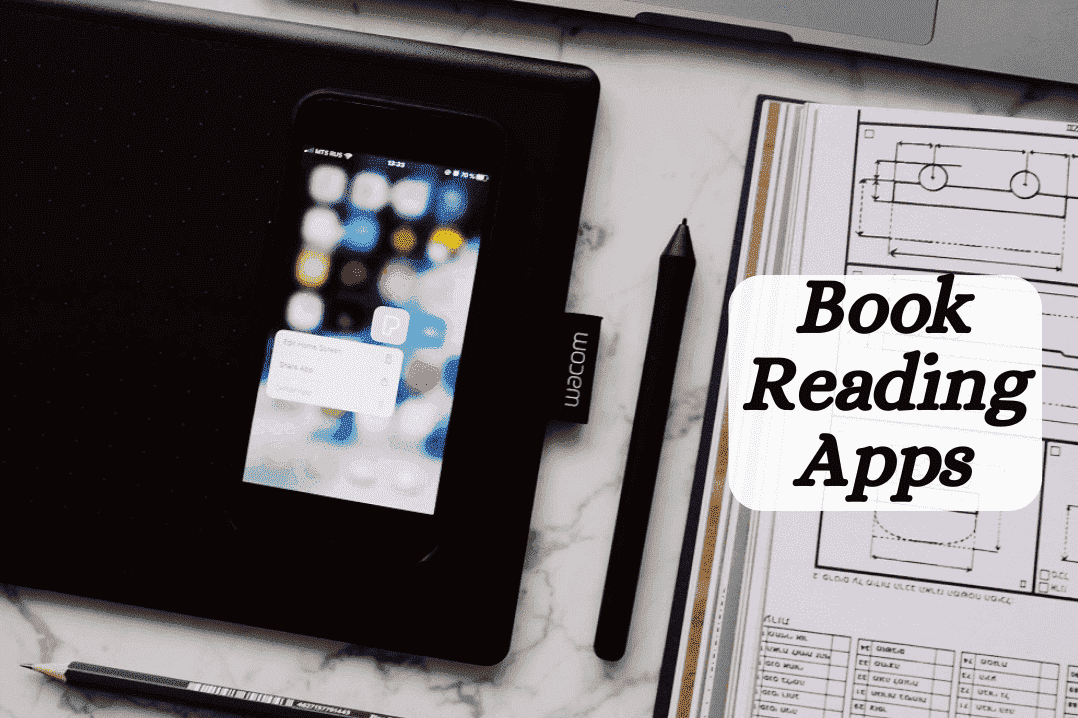Trying to cram everything before an exam is not a good idea. It is better to study regularly instead of cramming. Cramming is only okay if you have no other choice. It is tough to remember a lot of information all at once.
Some tips for regular studying can also help when you must cram.
Energize Smartly:
When you are getting ready to study, it is an innovative idea to eat some food to give you energy. But be careful not to eat too much sugary stuff because that can make you feel hyper and make it harder to focus. Instead, try eating an apple or something light, which can help keep you awake and focused.
An Apple a Day:
When it comes to staying focused and alert, choosing an apple over caffeine can be a smart move. Apples provide a natural and steady source of energy, helping to keep you more focused and awake without the difficulties that can come with caffeine. So, next time you need a pick-me-up for studying or work, consider reaching for a crisp apple to boost your concentration and alertness.
Optimal Study Space:
Find a nice, well-lit place with no distractions to study. It is important to pick a spot where you will not get too comfortable and end up falling asleep. Keeping a positive attitude is also helpful, as it is easier to study when you feel relaxed instead of stressed out.
Positive Vibes:
Keeping a positive attitude can make a significant difference when you are studying. If you stay positive, it can help lower your stress levels and create a more relaxed atmosphere for studying. When you approach your studies with a positive mindset, you are likely to feel more confident and focused. So, try to find the bright side, believe in yourself, and keep a positive vibe to make your study sessions more enjoyable and effective.
Strategic Focus:
Since you might be short on time, it is essential to choose what you study wisely. Do not try to learn everything—focus on the things that will get you the most points on the exam. Concentrate on the main ideas and key formulas; you can skip the details for now and come back to them later if you have time.
Key Formulas First:
When you are studying, it is an innovative idea to focus on the main ideas and important formulas first. These are the key things you really need to understand. If you run out of time, it is okay to leave the smaller details for later. By concentrating on the main concepts first, you make sure you grasp the most crucial information, and if there's time later, you can dive into the finer points. This approach helps you prioritize and use your study time wisely.
Create a Cheat Sheet:
Writing down the main ideas and formulas on a sheet of paper can be a great strategy. You can keep studying from that sheet, and repeating the information will help you remember better. Also, try highlighting the important points in your notes and textbooks to make them stand out.
Highlight and Focus:
When you are studying, use a bright color to mark the important points in your notes and books. This makes it stand out. When you review, focus on these highlighted parts. It helps you pay attention to the important things and makes studying easier. Highlighting is like giving you a guide to the most crucial info. So, when you are going through your notes, just mark the essential stuff, and then concentrate on those parts when you are studying later.
Chapter Summaries Matter:
Check out the summaries at the end of each chapter. They give a quick overview of the most important things you need to know. If there are not any summaries, try making your own. Summarizing helps you get the main ideas, making it easier to understand and remember what you have learned. So, give those chapter summaries a read, or if you do not have any, make your own short summaries for a quick review.
Learn from the Past:
To get ready for your exams, look at the tests and questions you did before. Also, check your homework and any review sheets your teacher gives you. This helps you understand what you have learned and what might show up on the exam. Studying from your past work is a smart way to prepare and do well on your upcoming tests. So, before your next exam, look at what you have done before—it is like a preview of what might come up!
Strategic Breaks:
Take short breaks, like five minutes every hour, to gather your thoughts and give your brain a little break. And if time allows, try to get at least 3 hours of sleep before the exam. This can help you stay awake during the test. Just make sure to set multiple alarms so you do not oversleep!
Prioritize Sleep:
Before your exam, try to get at least 3 hours of sleep. This helps you stay awake and alert during the test. Do not forget to set more than one alarm to make sure you wake up on time. Getting some sleep before the exam is like recharging your energy, so aim for those 3 hours to help you do your best when it is time to take the test.
Smart Learning: More than Just Memorizing
Downsides of Cramming:
- Quickly remembering but quickly forgetting.
- Not great for solving real problems.
- Just recalling facts, not really understanding.
Learning is Like a Game:
- Think of learning as playing a game.
- Exams are like puzzles to solve.
- Using what you know in different situations.
Picture Cooking and Learning:
- Learning is a bit like cooking.
- Exams are like cooking challenges.
- Not just remembering ingredients, but making something cool.
Success Recipe:
- Exams show what you can do.
- Solving problems is the key.
- Moving past just remembering to really getting it and using it.
Summary
When you are studying, stay focused and find a quiet, bright spot with a positive attitude. Remember important stuff and read chapter summaries. Look at old tests and take short breaks. These simple tricks help you study well. So, in the end, you will be all set for your exams!
FAQs
Is cramming an effective way to study for exams?
Cramming is not considered a good study method because it involves trying to learn a lot of information in a brief period, which may result in short-term memorization rather than true understanding.
Why is cramming before an exam not recommended?
Cramming does not allow for effective long-term retention of information. It may lead to stress, and the information is more likely to be forgotten quickly after the exam.
Can cramming affect my ability to apply knowledge in exams?
Yes, exams often require applying knowledge to solve problems, and cramming might not provide a deep understanding needed for such tasks.
What are the disadvantages of relying on cramming for exams?
Cramming can be stressful, lead to exhaustion, and may result in a superficial understanding of the subject, hindering overall academic performance.
Are there better alternatives to cramming for exam preparation?
Yes, studying regularly over time (spacing) is considered a more effective approach. It allows for better understanding, retention, and application of knowledge compared to last-minute cramming.
References
- Derrington, K., Bartlett, C., & Frederiks, A. (2021). Preparing for Exams. Academic Success.
- Carmody, D. EDUCATION; Coping With Stress Over Exams and the Holiday. The New York Times.









